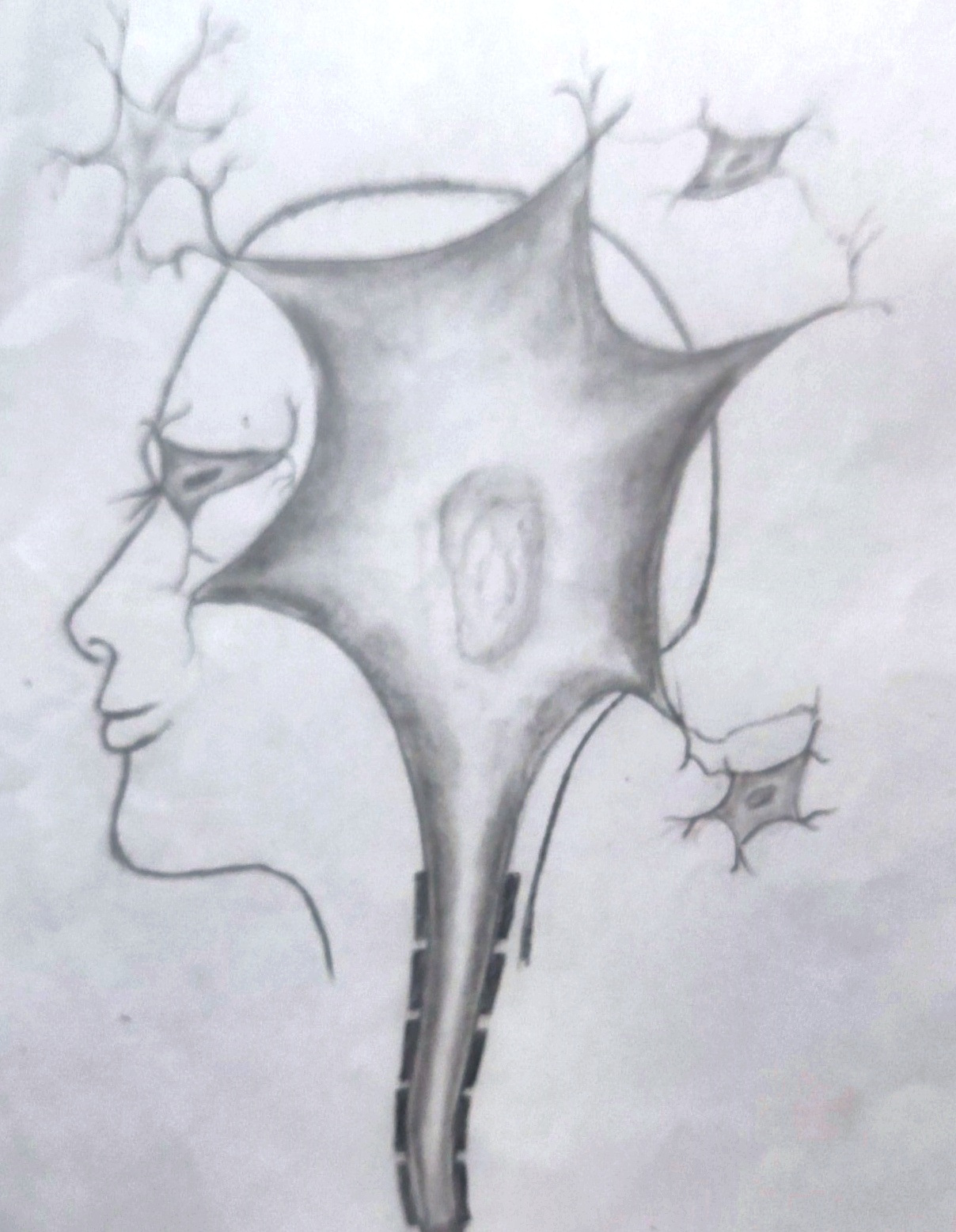INR. 1200
+918042781750

This is your website preview.
Currently it only shows your basic business info. Start adding relevant business details such as description, images and products or services to gain your customers attention by using Boost 360 android app / iOS App / web portal.
Description
Brain tumours are abnormal growths of cells within the brain or the surrounding structures. They can be benign (non-cancerous) or malignant (cancerous) and can affect people of all ages. Symptoms: Brain tumours may remain asymptomatic for a long time. Common manifestations include headaches, vomiting, diminished or double vision, imbalance, seizures, weakness in limbs, and cognitive deficits. Types of Brain Surgery Craniotomy: A bone flap is temporarily removed to locate and remove the tumour Once the tumour is removed, the bone flap is reattached with plates and screws. It is the most common type of brain tumour surgery. Burr hole: A small trephine hole is made in the skull to access a brain cyst, an abscess or haematoma which are aspirated with the help of a syringe. Endoscopic Surgery: This minimally invasive procedure involves the use of an endoscope, a small, flexible or stiff tube with a camera and light source, to access and remove the tumour through smaller incisions. Stereotactic surgery: In this, a trajectory for the tumour is calculated in 3 dimensions and is approached through a burr hole. A small biopsy forceps reaches the centre of tumour to collect sample of the tumour. Stereotactic radiosurgery-based procedures including Gamma Knife and CyberKnife, use focused radiation beams to target the tumour without making an incision often used for small tumours or tumours in hard-to-reach areas. Brain tumour surgery carries inherent risks, which may include: Infection Bleeding: during surgery or in the post-operative course could be life-threatening. Neurological Deficits: temporary or permanent neurological deficits, depending on the tumour's location and difficulty in resection. Brain Swelling: can occur during or after the surgery and could damage the brain. Seizures: Surgery can lead to postoperative seizures. Recovery after brain tumour surgery is usually rapid. The patient comes out of the operation theatre in a conscious state.

 +918042781750
+918042781750